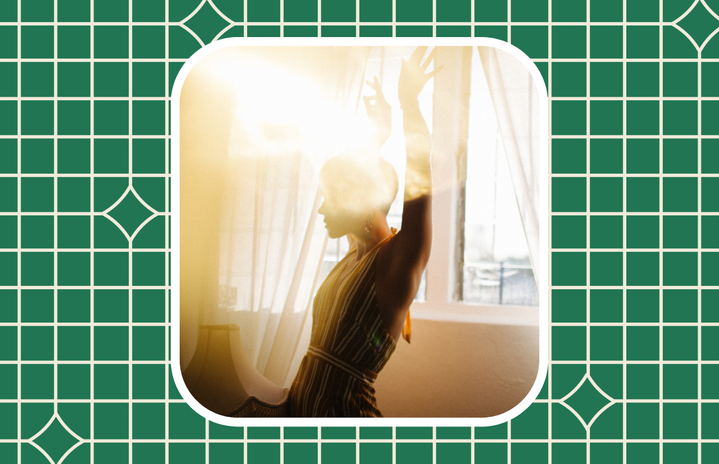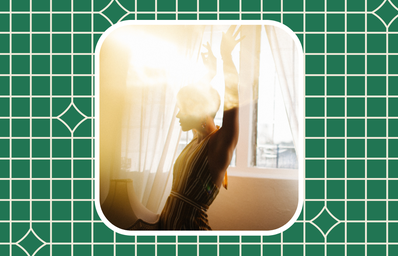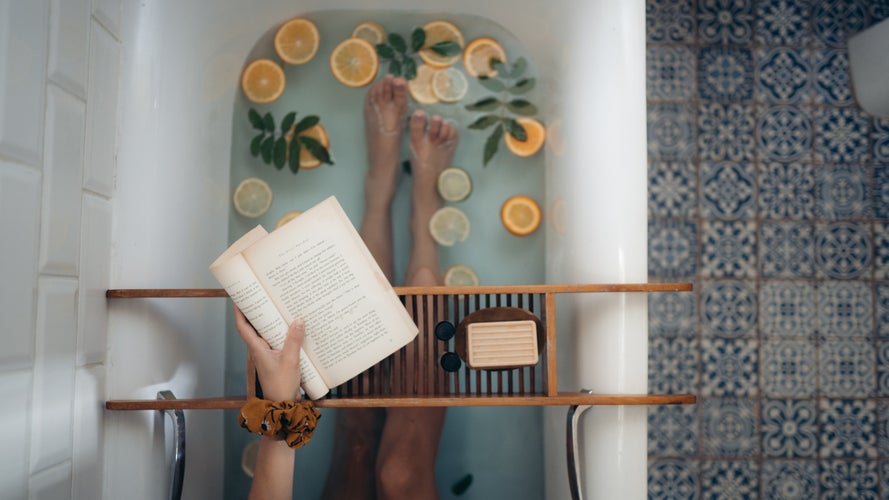It’s a new year, so it’s time to implement some new self-care habits. Spring semester is beginning and the incoming of vibrant flowers and sunshine means the incoming of demanding classes, new work schedules, and the literal chaos of rush week.
If you’re anything like me, you dive head-first into the responsibilities of the beginning semester. Your go-getter persona is a blessing and a curse as it allows you to succeed with an over-packed schedule. However, it leaves little room for time with friends, much less alone time.
The phrase “self-care” usually conjures images of foamy, aromatic bubble baths and spa nights filled with an assortment of pastel-colored face masks. However, sometimes all you need is a night out on the town to refuel those dopamine centers, and if you’re spunky and spontaneous like me, you’ve probably done a lot of less-than-beneficial things in the name of self-care; namely, going country dancing after a packed day of classes knowing I’ll be braving the next busy day with a hearty three hours of sleep.
As you already know, self-care is not a one-size-fits-all. However as you set realistic goals and establish new patterns this year, it’s important to note that there is objective data displaying how some self-care habits are more beneficial than others. Although that boujee DrunkElephant face mask might be giving your skin a rosy glow, it’s probably not doing as much for your overall health as you initially thought.
Renowned neuroimmunologist, Steve W. Cole, as quoted in the book Heartbreak: A Personal and Scientific Journey remarks, “What is today marketed as ‘self-care’ is an ‘unproductive response.” Cole examined the efficacy of today’s self-care industry by studying two types of happiness: hedonic and eudaimonic.
Hedonistic happiness refers to the type of happiness achieved by gaining pleasure and avoiding pain. It’s characterized by instant gratification and quick avenues to that elated, happy feeling college students crave. You know that appealing urge you get to pound that “add to cart” button during a boring lecture? Yup, that’s pursuing hedonistic happiness, friends.
Although a casual perusal of online shops during class appears relatively harmless, chasing happiness through hedonism can quickly become dangerous. Although people who gravitate towards quick pleasure report feelings of happiness and satisfaction, studies show that people with hedonic well-being express inflammatory genes. And, ICYMI, inflammation is never good for your immune system.
Whether through something as harmless as a night of romcoms and cucumber peels or as detrimental as alcoholic binging, Cole’s research illuminates that “although people with higher hedonic happiness appeared to be ‘happy,’ they displayed a worse immune profile”–the kind that puts them at higher risk of getting sick.
On the other hand, eudaimonic happiness “results from striving toward meaning and a noble purpose beyond simple self-gratification.” Eudaimonic joy is the type of contentment derived from belonging to a group with a shared mission or from selfless acts like volunteering with the local animal shelter.
It’s counterintuitive for college students in the busiest time of their lives to give even more of their energy to another person or organization in their only spare moments. However, Cole’s research displayed a large difference in blood work towards healthful gene expression in individuals who increased their eudaimonic happiness —not hedonic. What makes this finding even more exceptional is that many of these individuals engaging in eudaimonic happiness faced scourging social isolation and still displayed progress in their blood work whereas those pursuing hedonism did not.
So how can a college student incorporate eudaimonic methods into their self-care routine?
I spoke to Emma Loker, Mental Health Specialist at HealthyMinded, who suggested these eudaimonic lifestyle habits to incorporate into your daily life. Trust me, besties, you’re gonna want to read this one.
Engage in Purposeful Activities.
Engaging in activities that align with your values and goals promotes feelings of fulfillment and satisfaction, which is important for self-care. “College students can find purposeful activities by participating in clubs, organizations, and other social activities that align with their interests and passions,” Loker tells Her Campus. “Helping others is naturally rewarding for us.”
So, joining that organization you’ve been interested in joining but haven’t made the time for is a form of self-care. That’s right, pledging that sorority, auditioning for that on-campus production, or simply going to a club meeting on a weeknight can promote better mental and physical health.
Work Toward Your Goals.
Working towards goals is an essential aspect of eudaemonia and, according to Loker, “ a vital part of self-care, as it can help students to develop a sense of mastery, a greater feeling of purpose, and personal growth.”
As we move further into 2023, now is as perfect a time as any to set realistic goals and plan small steps to achieve them. Working towards goals can give your self-esteem a bigger boost than the latest beauty trends; setting your mind to a task and achieving it is empowering — all the more reason to keep crossing items off your to-do list, bestie!
Search for Emotional Support When Necessary.
Eudaemonic well-being also helps you do better in school by enabling you to pick more beneficial coping strategies in times of stress. “Those high in eudaemonic well-being tend to choose more adaptive coping strategies, like seeking emotional support when necessary and positively reevaluating problems,” Loker says.
Eudaemonic strategies boost your immune system and help you cope during crunch times like finals. Remember: the last thing you need during a hectic week is to get sick.
Try to Avoid Maladaptive Coping Strategies.
High levels of eudaemonic well-being equip you with effective coping strategies, on the flip side, low levels leave you prone to maladaptive ones. “ Blaming yourself for problems that arise, ignoring a problem, and fantasizing yourself out of a problem: trying to avoid these unhealthy strategies when prioritizing self-care is vital,” Loker states. Self-care is more than about what you do — it’s also about what you don’t do. Ineffective coping strategies are another thing that should be left behind this year.
Self-care is more than a weekly scented bubble bath: it’s about the daily choices you make. Pursuing eudaimonic avenues of well-being is more beneficial in the long run, however, fear not, you need not ditch your face masks. You can jade-roll, shop online, and devote time to a non-profit organization. It’s called balance.
Maybe you plan a trip to the local food kitchen before spa night with your friends. Or rather than making dry January a personal whim, you include your besties and make it a shared group goal. With a new year comes new habits. If you’re a Gen Z fan of all things wellness, perhaps it’s time to expand the concept of self-care and try out one of Loker’s methods. You might just be glad you did!



